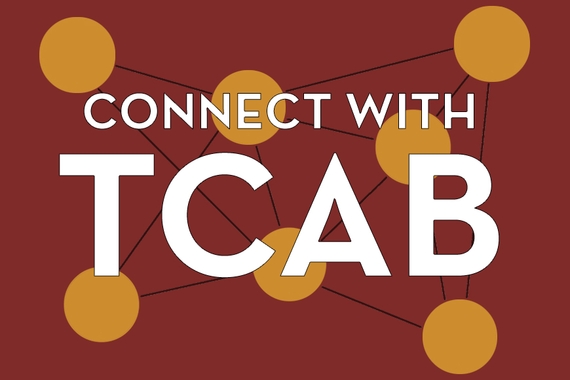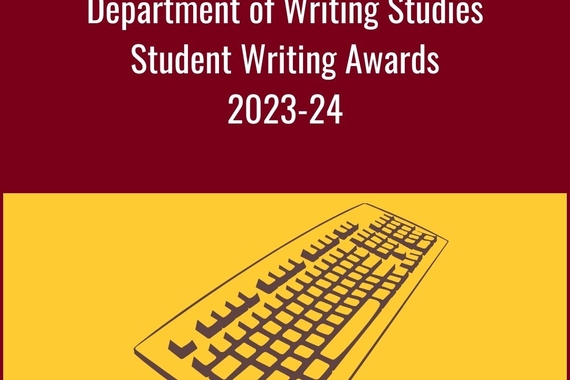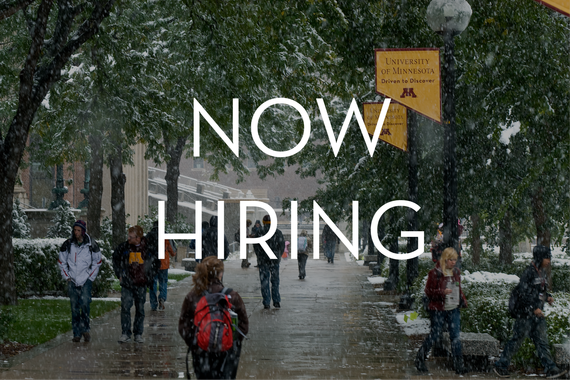“More than Just Writing Instruction Manuals”
What are you studying and why did you choose your major?
I came into college as an undecided major in the College of Biological Sciences (CBS). I enjoyed most high school courses and excelled in all of my classes, so it was difficult for me to decide in which direction I wanted to take my college career. After one semester in CBS, I knew those courses were not what I wanted to pursue for the next four years.
I decided to transfer to the College of Liberal Arts, which gave me more options. I read through the whole list of majors offered, selected a few I thought interested me, and looked at the required courses for each major. The technical writing and communication (TWC) major stood out to me because it seemed to combine all of my interests in both the arts/humanities and the sciences. With TWC, I was able to pursue my interest in writing and still learn about science on a deeper level.
Technical writing is the practice of explaining complex information to a specific and diverse audience. As someone who loves to learn, can learn quickly, and cares about helping people, I knew TWC was the right path for me. I still kept with my CBS roots by choosing the biological and health sciences subplan, but TWC allowed me to focus more on learning and writing about science rather than "doing" the science.
What course would you recommend for other students?
One course I would highly recommend TWC students take is Writing with Digital Technologies. Many of the core courses in the TWC major teach soft skills and discuss different writing theories, audience and audience analysis, and best practices for document design.
These courses provide great insights into how to become a knowledgeable technical communicator, but Writing with Digital Technologies completed my skillset by exposing me to specific technologies and tools I might actually use in the workforce. It allowed me to see exactly how I can “apply” the skills learned in other classes and taught me how to expand my digital literacy and adopt new tools.
Aside from the introduction to TWC course, I think one of the best courses you can take to get an introduction to TWC is Technical and Professional Writing. This course discusses different genres technical writers might engage with, how to write concisely and intentionally, and gives you an opportunity to write collaboratively, which is something you'll encounter a lot in the field.
What experiences have you had outside of the classroom that enhanced your understanding of what you are studying?
After my third year in college, I accepted an internship opportunity with Polaris where I was part of the owner's manuals writing team. This was my first real-world experience in TWC and it really gave me a better understanding of my coursework and how I can apply what I've been studying to an actual career.
I applied what I learned in writing with digital technologies by using an XML editor and content management system. I used skills from the Visual Rhetoric and Document Design course to create chapters in the owner's manuals and design a newsletter for Polaris dealers. I was also able to apply the techniques from Technical and Professional Writing to write concisely and intentionally for my audience.
My experience at Polaris helped me realize I want to continue pursuing a career in technical writing and that I enjoy writing for a public audience.
What has been your favorite part of your experience within the department and the major?
One of my most notable experiences in the Department of Writing Studies was my participation in the Technical Communication Advisory Board (TCAB) Mentor Program. I participated in TCAB during my third year of college because I wanted to gain a better understanding of technical writing as a field and what it looks like in the real world.
I was also hoping to land an internship the following summer, so I wanted to learn more about the skills and qualifications I might highlight in my resume and in interviews. I was paired with a technical writing manager from Medtronic and learned more than I ever thought I could. My mentor gave me great advice for building my resume, tips for standing out in an interview, and I learned about what he does in his role. It was a great experience to be able to interact with someone who was once in my shoes and has succeeded in a TWC career.
What is one aspect of your major that has surprised you? What do you wish more people understood about what you study?
Technical writing and communication is more than just writing instruction manuals.
I was surprised to learn how much thought and intention must go into a piece of writing depending on the audience, the context, and the type of content being discussed. I was also surprised to learn how technical writing also involves some design, including not only document design, but also careful use of colors, fonts, and data visualization.
I think it's important to recognize technical communication happens every day. Any time you need to explain something you might know a lot about to a person or group that's unfamiliar with the topic, you are engaging in technical communication.
There is a need for educated technical communicators in the workforce. There will always be a need to communicate complex information to a specific audience whether it includes consumers, engineers, or different departments in an organization.



